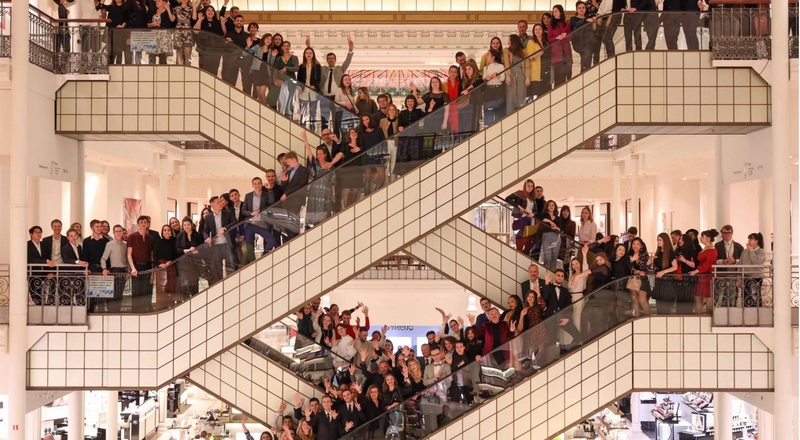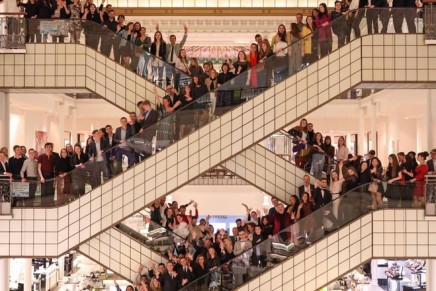Luxury Group’s investment in a blockchain platform to help the entire industry to understand blockchain’s value for supply chain tracking and product authentication. LVMH could became the first player in luxury to adopt blockchain technology for product tracking and authentication.
It’s the beginning of a new era for authentic luxury and that’s good news for everyone.
Blockchain is one of the most exciting technologies of our generation for showing consumers where a product came from, who made it, what it was made from, and that it is authentic. According to Michele Casucci, the founder and CEO of Certilogo, one of the leaders in digital product authentication, “there are also some limitations to address.”
Access to a quick and simple confirmation that a product is authentic will soon be the new normal in luxury thanks to LVMH and blockchain technology, according to a new report from Certilogo.
Making Blockchain Real: LVMH and the Future of Authentic Luxury explores the cultural and commercial potential of blockchain technology for product authentication and supply chain transparency, two emerging priorities for luxury consumers in the digital age.
A March 26 report from Coindesk revealed that luxury brand conglomerate LVMH, owner of Louis Vuitton, was preparing to launch a blockchain platform, code-named AURA, that would prove the authenticity of luxury goods.
The project will reportedly go live in May or June and track products from Louis Vuitton and another brand owned by LVMH, Parfums Christian Dior. It will then be extended to other LVMH brands, and eventually to access by competitors.
Why blockchain technology is it important in the luxury industry?
“When a leader with the reach and respect of LVMH decides that product authentication is a must for luxury consumers, it’s time for every brand with a luxury and premium positioning to pay attention,” said Certilogo founder and CEO.
The authentication provider to more than 80 global brands, Certilogo prepared Making Blockchain Real to identify the unique strengths and weaknesses of blockchain technology as a platform to build trust, engage discerning global consumers, and add new value to the luxury purchase experience.
The report names 7 developments to watch in the LVMH rollout and its uptake by brands.”We look forward to hearing more details from LVMH when they are disclosed,” Casucci concluded.
Certilog said the company asked 1,500 consumers in Europe, America, and China to tell us if they worried about purchasing a counterfeit by mistake while shopping in stores or online. An astonishing 83% — and 95% in China — admitted to having concerns at least some of the time.
Blockchain proposes to eliminate these doubts by identifying authentic products in a transparent and immutable online ledger using a ‘digital twin’, a virtual representation of a physical product that cannot be duplicated or modified.
Because a digital twin cannot be assigned to more than one physical product, and cannot be forged, the diffusion of blockchain protocols is expected to vastly improve supply chain and product transparency.





